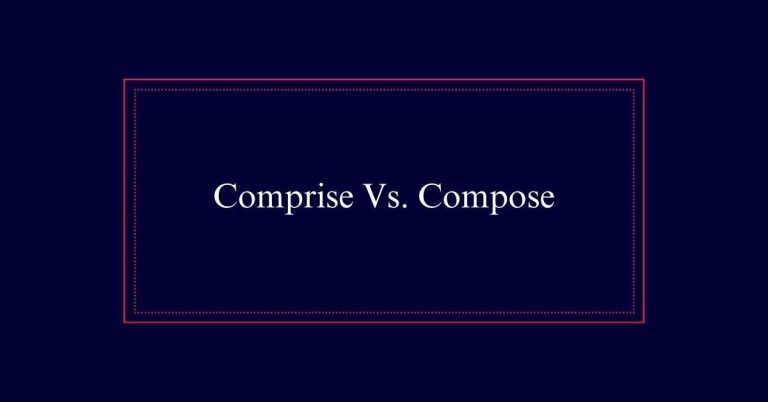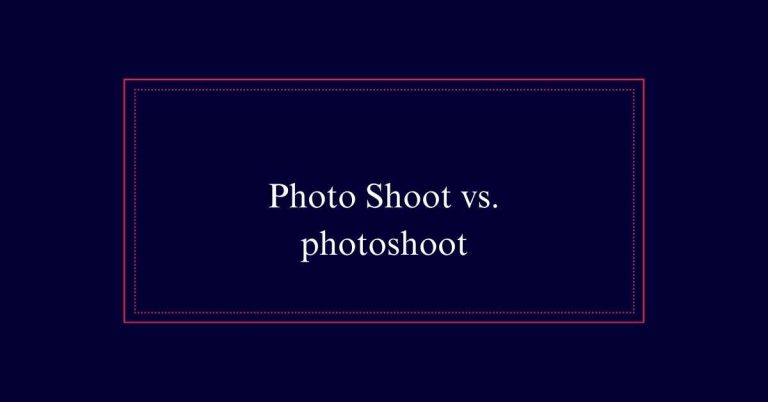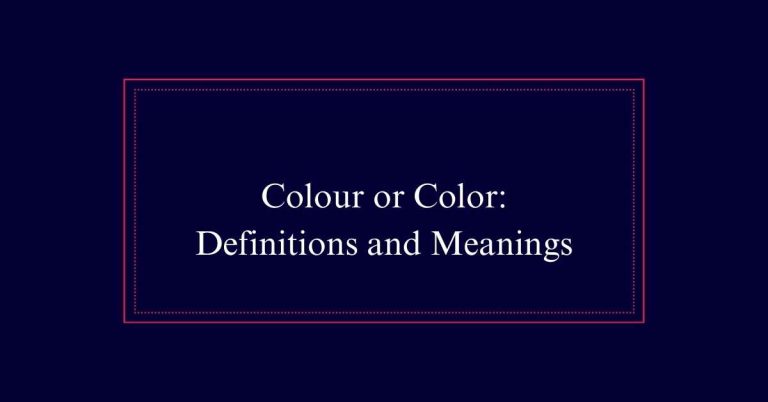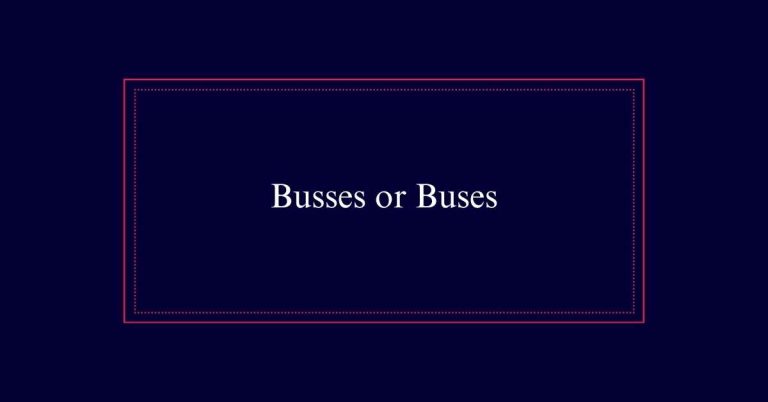What Does Lmao Mean?
“Lmao” means “laughing my ass off.” It is used to show strong amusement in digital communication, like texts and social media. This term emerged in the early 1990s among early internet users. It is an intense version of “lol,” which means “laugh out loud.” While “lol” is more versatile, “lmao” explicitly highlights heightened amusement.
Definition of Lma
Lmao stands for ‘laughing my ass off,’ a phrase used to convey strong amusement in text-based communication. It is a more intense version of ‘lol,’ which means ‘laughing out loud.’
People use Lmao when something is particularly funny, often in informal settings. It is common in social networks, messaging apps, and texts. Lmao can be written in either uppercase or lowercase, but it is important to avoid using it in formal communication.
The term helps to quickly express laughter without typing out a full sentence. Its informal nature makes it suitable for casual interactions among friends or acquaintances.
Origin of Lmao
Emerging in the early 1990s, ‘laughing my ass off’ quickly became a popular phrase among early online communicators.
During the rise of the internet and chat rooms, users sought quick, efficient ways to express laughter. ‘Lmao’ was one such shorthand. Its simplicity made it perfect for the fast-paced environment of digital conversations.
As internet culture grew, so did the use of ‘Lmao’. It became embedded in the lexicon of textspeak and internet slang. This abbreviation allowed users to convey strong amusement without lengthy explanations.
Lmao Vs. Lol
How do ‘Lmao’ and ‘Lol’ differ in usage and intensity of expression?
‘Lmao’ and ‘Lol’ both signify laughter in written communication, but they vary in intensity and context.
‘Lmao,’ short for ‘laughing my ass off,’ conveys a stronger reaction of amusement compared to ‘Lol,’ which stands for ‘laughing out loud.’
Here are the key differences:
- Intensity: ‘Lmao’ denotes more pronounced laughter than ‘Lol.’
- Usage: ‘Lol’ is more versatile and can be used in both casual and semi-formal contexts, unlike ‘Lmao,’ which is mainly informal.
- Frequency: ‘Lol’ is used more frequently in everyday text conversations due to its milder tone.
Textspeak and Slang
Textspeak and slang have revolutionized the way we communicate in the digital age. These forms of language shorten words and phrases, making communication quicker and more efficient. Slang terms like ‘Lmao’ (laughing my ass off) and ‘Lol’ (laughing out loud) are widely used to express emotions in digital conversations. They save time and space, fitting well into the fast-paced nature of online messaging.
Textspeak also includes abbreviations such as ‘BRB’ (be right back) and ‘OMG’ (oh my God). This evolution in language reflects the need for speed and brevity in modern communication. However, it’s important to understand that these terms are informal and should be used appropriately based on the context and audience.
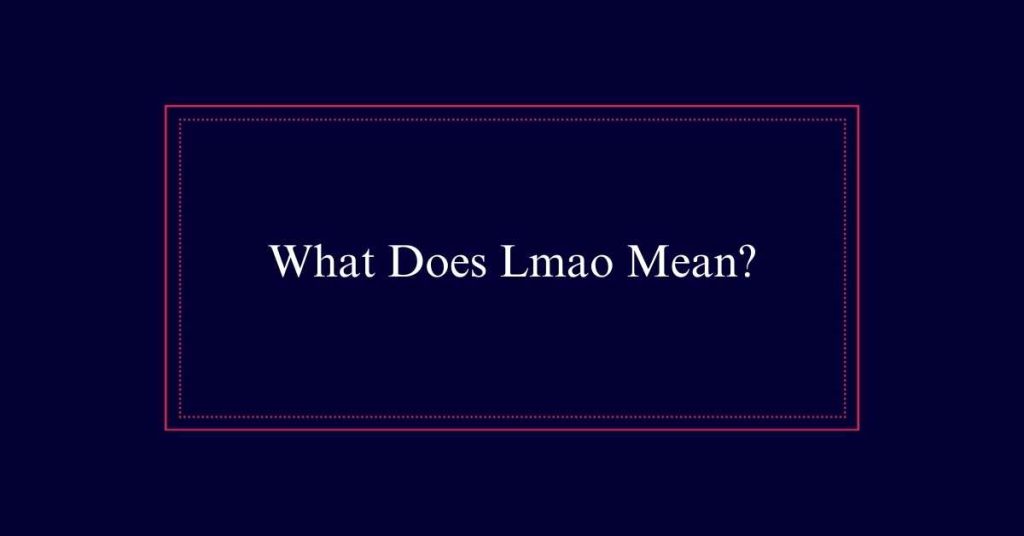
Appropriate Contexts
In digital communication, selecting the appropriate context for using Lmao is essential for maintaining effective and respectful interactions. Lmao, being informal, is best suited for casual conversations.
Here are three key contexts:
- Social Media: Platforms like Twitter, Facebook, and Instagram are ideal for using Lmao to react to funny posts or comments.
- Messaging Apps: Use Lmao in chats with friends and family on services like WhatsApp, Messenger, or iMessage.
- Emails and Texts: In informal emails or texts between close acquaintances, Lmao can help convey humor effectively.
Capitalization Rules
When using Lmao, it is important to understand the basic capitalization rules to guarantee clarity and consistency.
Lmao can be written in either uppercase (LMAO) or lowercase (lmao). The choice between them often depends on the context and the desired emphasis. Uppercase LMAO generally conveys a stronger sense of amusement compared to lowercase lmao.
Consistency is key; mixing capitalization styles can confuse readers. Always consider the audience and setting when deciding on capitalization.
In informal settings such as texting or social media, both forms are acceptable. However, in more structured contexts, maintaining a consistent style enhances readability.
Social Media Usage
Understanding capitalization rules is essential, especially on social media where Lmao is frequently used to convey amusement. Social media platforms like Twitter, Facebook, and Instagram see extensive use of Lmao to highlight funny moments. Users often prefer it for its brevity and impact.
To guarantee effective communication, keep these tips in mind:
- Consistency: Stick to either uppercase (LMAO) or lowercase (lmao) within a conversation.
- Context: Use Lmao in informal settings; avoid it in professional or serious discussions.
- Tone: Match the tone of the conversation. Lmao expresses strong amusement, so use it where substantial humor is evident.
Messaging Examples
To illustrate the usage of Lmao in messaging, consider these examples that effectively convey strong amusement.
When a friend sends a hilarious meme, you might respond with, ‘That meme is hilarious! Lmao!’
Another example could be reacting to a funny story: ‘I can’t believe that happened! Lmao!’
In a group chat, if someone shares a pun, a simple response could be, ‘Lmao, that pun made my day!’
Usage Guidelines
Use Lmao appropriately by maintaining it for informal contexts and casual conversations. This acronym, which stands for ‘laughing my ass off,’ is best suited for social networks, messaging apps, and texts.
Avoid using it in formal communication to uphold professionalism. Here are some guidelines to follow:
- Context Matters: Use Lmao in chats with friends or family but steer clear in work emails or formal reports.
- Consistency: While it can be written in uppercase or lowercase, ensure consistent use within the same conversation.
- Tone Awareness: Be mindful of the tone and audience. What is funny to one person might not be to another.
Laughter Alternatives
Several alternatives to Lmao can effectively convey amusement in informal written communication. These alternatives vary in intensity and context, providing flexibility in expressing laughter. Below is a table summarizing some common options:
| Alternative | Meaning | Usage Scenario |
|---|---|---|
| Lol | Laughing out loud | General amusement |
| ROFL | Rolling on the floor laughing | Extreme amusement |
| Haha | A simple laugh | Mild amusement |
| XD | Emoticon representing laughter | Light-hearted or playful context |
| 😂 | Face with tears of joy emoji | Visual expression of laughter |


